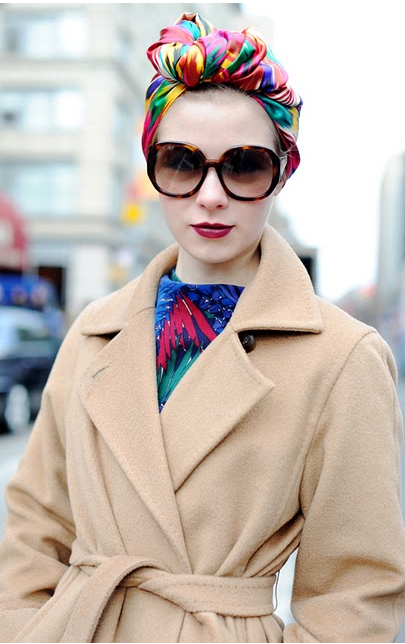This is part 2 of Your Questions about Hair Loss from Breast Cancer Answered. You can access part 1 here: https://www.trulyyou.ca/your-questions-answered-about-hair-loss-from-breast-cancer-part-1 or on the Rethink breast cancer blog: http://blog.rethinkbreastcancer.com/2014/05/your-questions-answered-about-hair-loss-from-breast-cancer-treatment-part-2
Eye Lashes and Eye brows:
Losing your eyelashes and/or eyebrows can be upsetting, especially if you are not expecting it to happen. Not everyone will lose their eyebrows or eyelashes they may just thin out during the course of your treatments
Eyelashes:
- If you lose your eyelashes you will probably find that your eyes may be sensitive to sun and they may feel sore. Eyelashes are our filter to keep our eyes safe.
- If your eyes are inflamed let your oncology nurse know as they will give you drops to help reduce the soreness.
- Eyelashes can take up to six months to grow back
- Avoid using false eyelashes. You need to use glues to stick them on and at this time in your life – your immune system is compromised with treatments that you do not want to get an eye infection.
- The use of mascara will bring out whatever eyelashes you may still have. Get a new mascara as bacteria builds in dark moist places and a mascara wand is a perfect place to breed bacteria.
- Frame your eyes by using eyeliner. This will give illusion of eyelashes.

Eyebrows:
If you lose your eyebrows, or find that they are thinning, you may be very conscious of how this alters the way you look. You can recreate a natural appearance by using eyebrow make-up such as I-browsers to shade in the thinning or missing area.
- use short feathery strokes for a natural look
- Match the colour of your natural eyebrows.
- You want a very soft look – do not draw them too thick
Change the emphasis:
Some women feel more confident if attention is directed away from their hair and their head. There are a number of simple ways of doing this
- Try wearing a brightly coloured or patterned top or fancy scarf around your neck
- Jewellery such as earrings, necklaces, rings and brooches can attract attention, as can an unusual watch
- Experiment with make up using new colours on your lips and eyes
- An eye catching bag, distinctive belt or pair of shoes can also help draw the eye to them.
After your treatments, now what?
Your hair will start to grow back once your treatment is over, and sometimes it may even start to grow back before you finished your treatments. After 3 months you should have your head covered with soft new hair. By 5-6 months you will be ready to have your first trim of your new hair and maybe even start to colour your hair.
- When the hair grows back the quality of your hair may be different from before.
- It will be softer and more baby-like in texture,
- It may be curlier or may be a different colour.
- Your hair will often return to how it was before treatments.
- In some cases the change may be permanent.
While your hair is growing back you need to continue to treat it with care.
- It is best to avoid perming, highlighting your hair for at least 8 months to a year.
- You can deposit colour as early as the 3-4 month. As long as your hair is at least ½ inch in length.
- Use colour with no PPD or ammonia. A semi will cover all your greys
- Your first colour may not be as deep as you like. At your next colour it will be the depth you want.
- Avoid any bleaching or extensions in your new hair. Your new hair is delicate and liable to break easily Do not colour your own hair. Please go to a professional salon that has the right products and services to deal with your new hair.
In conclusion, your hair is important to you. The fact that hair loss associated with treatment is temporary does not change the level of impact it will have on your life.
The good news is solutions are available! You are not alone. Remember how you look is related to how you feel. Looking a little more ‘like yourself’ during this difficult time will not only help with your self esteem but absolutely aid in the overall healing process. So go out there, ask questions, and get hair happy.
– Caroline Ruggiero, Capilia Truly You


